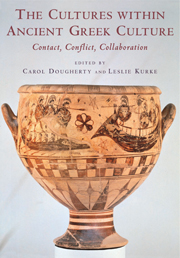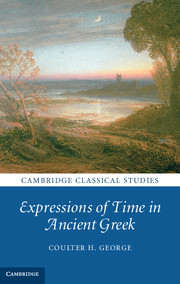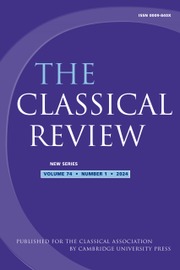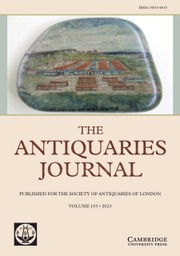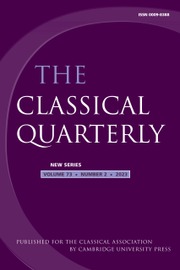The Talking Greeks
What drove the ancient Greeks to explore human nature and invent Western politics? This book argues that the Greeks believed speech made humans different from other animals. But, this zoological comparison also provided the metaphorical means for viewing those 'lacking' authoritative speech--women, barbarians, and slaves, etc.--as bestial. This link between speech, humanity, and status is revealed through close study of both Homeric epics, classical Athenian culture, Aeschylus' Oresteia, and Plato's Dialogues.
- Presents a model for the factor unifying philosophical and political developments in ancient Greece
- Provides new readings of the Iliad, Odyssey, Oresteia and Plato's Dialogues in which the role of speech is provided
- Adopts an interdisciplinary drawing on philosophy, linguistics and classics
Reviews & endorsements
"The Talking Greeks does what contemporary texts in ancient philosophy, literature and classics ought to do: it shows the continuing relevance of ancient thinking to our own...John Heath presents a philosophically-engaging analysis of how humanity comes to be defined in ancient Greece against a linguistic framework. Written for a broadly interdisciplinary audience including philosophers, classicists, philologians, and linguists, the book avoids jargon and remains entirely and enjoyable readable."
Sonja Tanner, University of Colorado, Colorado Springs, Ancient Philosophy
Product details
July 2009Paperback
9780521117784
404 pages
229 × 152 × 23 mm
0.59kg
Available
Table of Contents
- Introduction
- Part I. Speech, Animals, and Human Status in Homer:
- 1. Bellowing like a bull: humans and other animals in Homer
- 2. Controlling language: Telemachus learns to speak
- 3. Talking through the heroic code: Achilles learns to tell tales
- Part II. Listening for the Other in Classical Greece:
- 4. Making a difference: the silence of otherness
- Part III. Speech, Animals, and Human Status in Classical Athens:
- 5. Disentangling the beast: humans and other animals in the Oresteia
- 6. Socratic silence: the shame of the Athenians
- Epilogue.


